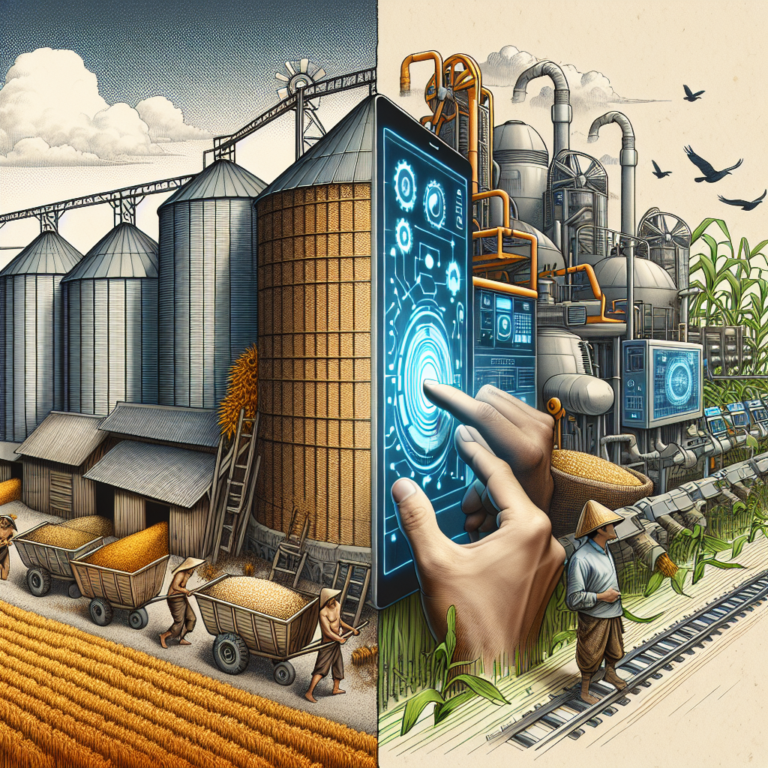Modern technology has revolutionized many aspects of agriculture, including crop storage practices. Traditionally, farmers relied on manual labor and simple storage methods such as silos and warehouses to preserve their crops. However, with the advancements in technology, farmers now have access to a wide range of innovative solutions that help them store their produce more effectively and efficiently.
One of the key ways in which modern technology is transforming crop storage practices is through the use of climate-controlled storage facilities. These facilities are equipped with advanced systems that regulate temperature, humidity, and airflow, creating optimal conditions for different types of crops. This helps farmers to extend the shelf life of their produce, reduce spoilage, and maintain quality throughout the storage period.
Another important technology that is changing crop storage practices is the use of automated monitoring systems. These systems use sensors and IoT devices to track crucial indicators such as temperature, humidity, and pest infestations in real-time. Farmers can access this data remotely through a mobile app or computer, enabling them to make informed decisions and take timely actions to protect their crops.
Furthermore, modern technology has also introduced the concept of smart storage solutions for crops. For example, companies like Silo that utilize artificial intelligence and machine learning algorithms to predict the optimal time for selling crops. This helps farmers to maximize their profits by selling their produce at the right time when market prices are high.
In addition, the use of drones and satellite imagery is also transforming crop storage practices. These technologies can provide farmers with valuable insights into crop conditions, such as crop health, yield estimates, and potential threats like pest infestations or diseases. This information allows farmers to make data-driven decisions about storage and distribution of their crops.
Overall, modern technology is enabling farmers to store their crops more efficiently, minimize losses, and improve overall profitability. By embracing these innovative solutions, farmers can ensure that their hard work in growing crops is not wasted during the storage phase. As technology continues to advance, we can expect even more exciting developments in crop storage practices that will further enhance the sustainability and productivity of agriculture.
